While we may prefer to be catching up on sleep, or getting ready for hibernation, like many of our much-loved friends in the wild, there is still plenty to keep us busy throughout the winter. We can get our wellies on, wrap up warm and get on with plenty of surveys, or keep warm inside enjoying some reporting or data analysis.
During the winter it is still possible to carry out preliminary ecological appraisals and this is a great time to get things going on new projects, so that any further surveys can be planned well in advance for the following spring and summer.
External and internal inspections of buildings and structures to identify potential for roosting bats can be done at any time of the year and as bats start to go into hibernation, sites that need to be monitored for hibernating bats can be carried out.
As the vegetation dies back, it’s a good time of the year for carrying out badger surveys as setts and pathways are more visible and otter surveys can be done at any time of the year, provided the water levels are not too high in the rivers.
It’s also a great time to catch up on analysis of bat calls, working through data collected from surveys done over the summer and of course, catching up on report writing, mitigation design and protected species licence applications.
These are just some of the many things we have supported our clients on over the years during the winter months, so get in touch if there are any projects where we can provide support.
Call 07977 393016 or Email [email protected]

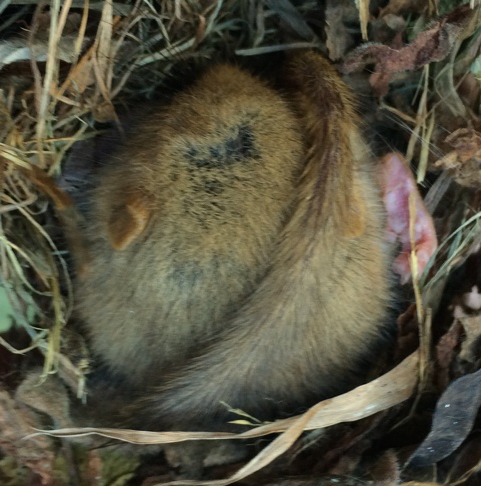
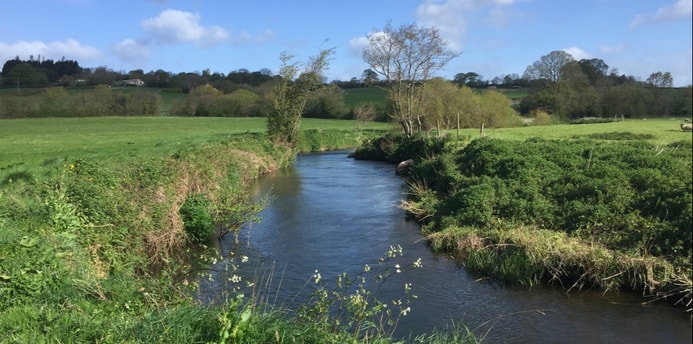

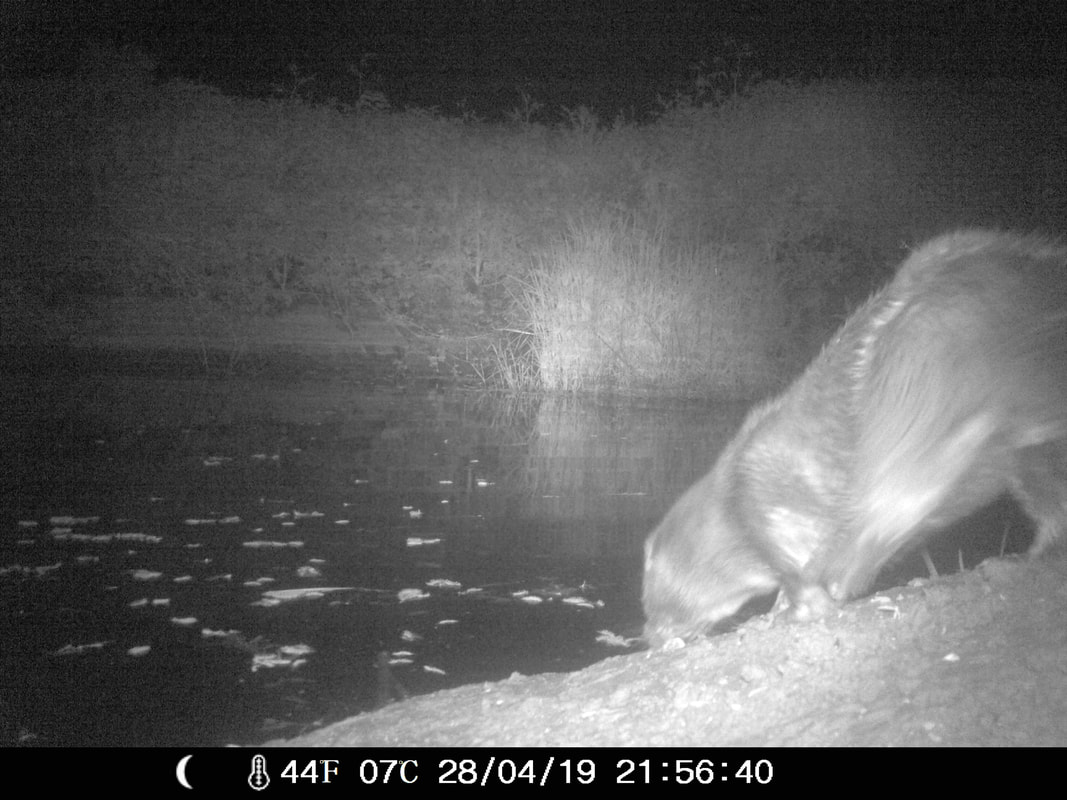
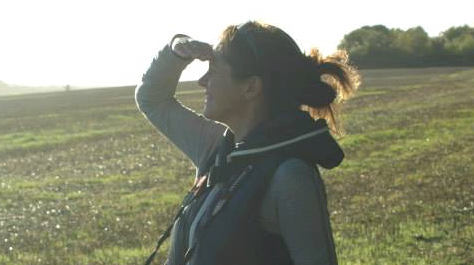
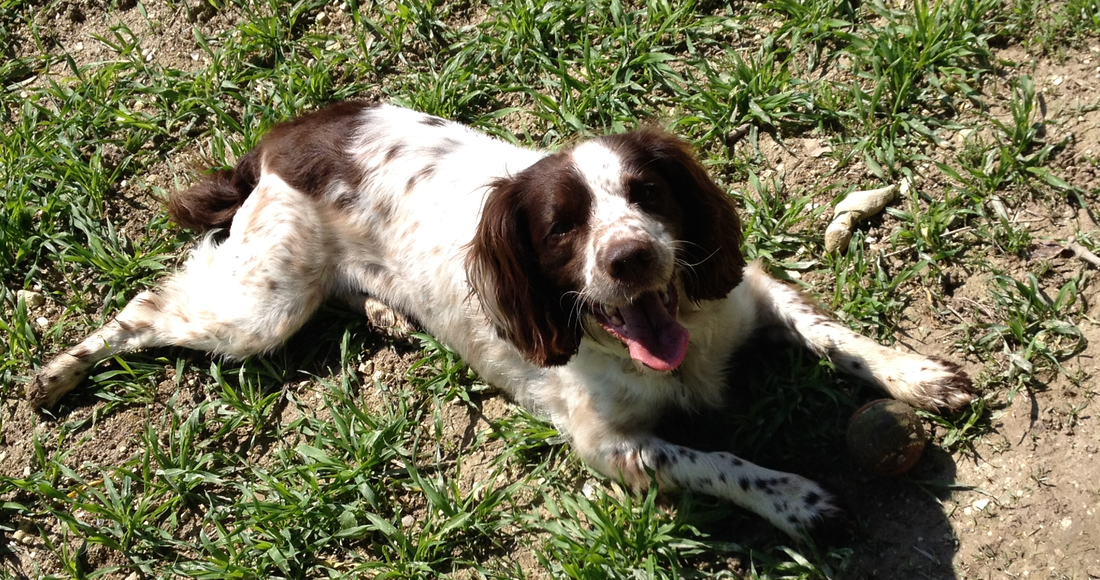
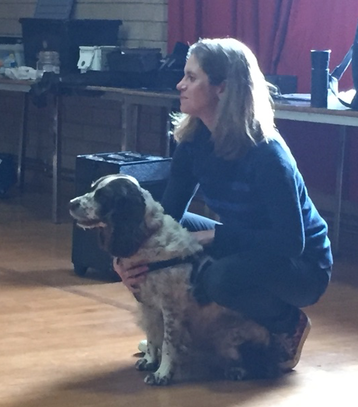
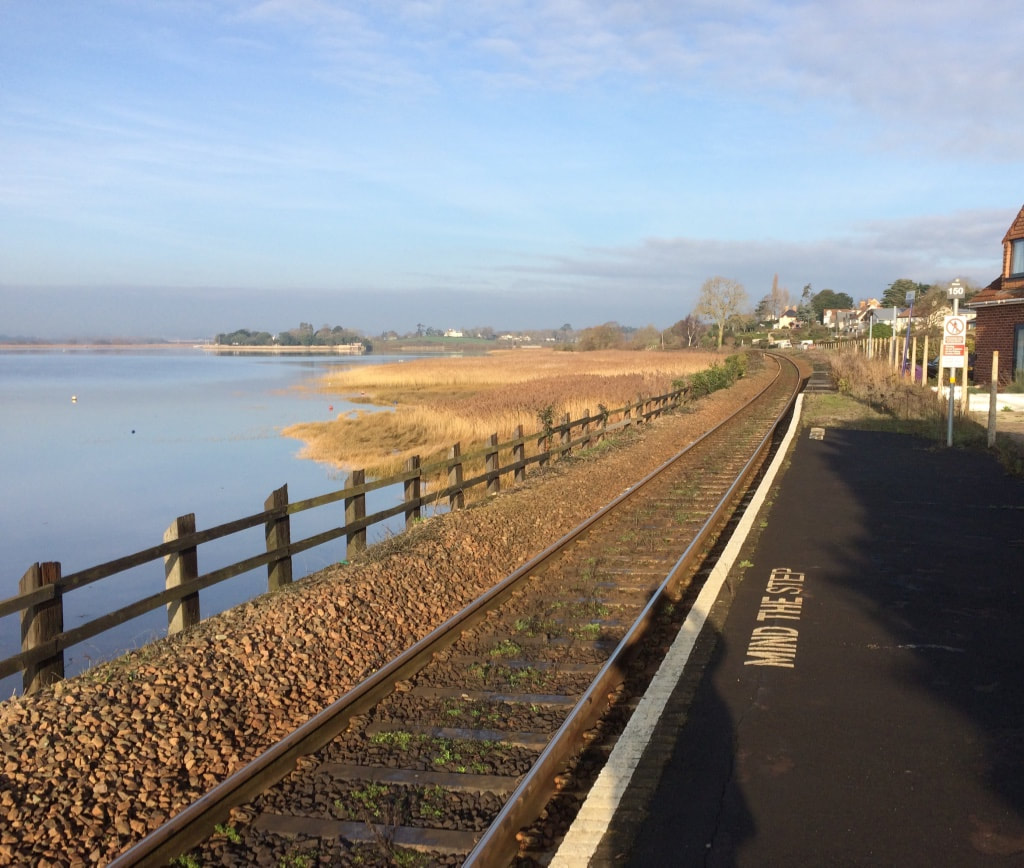
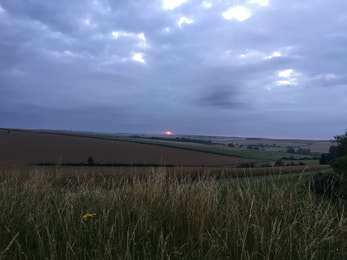
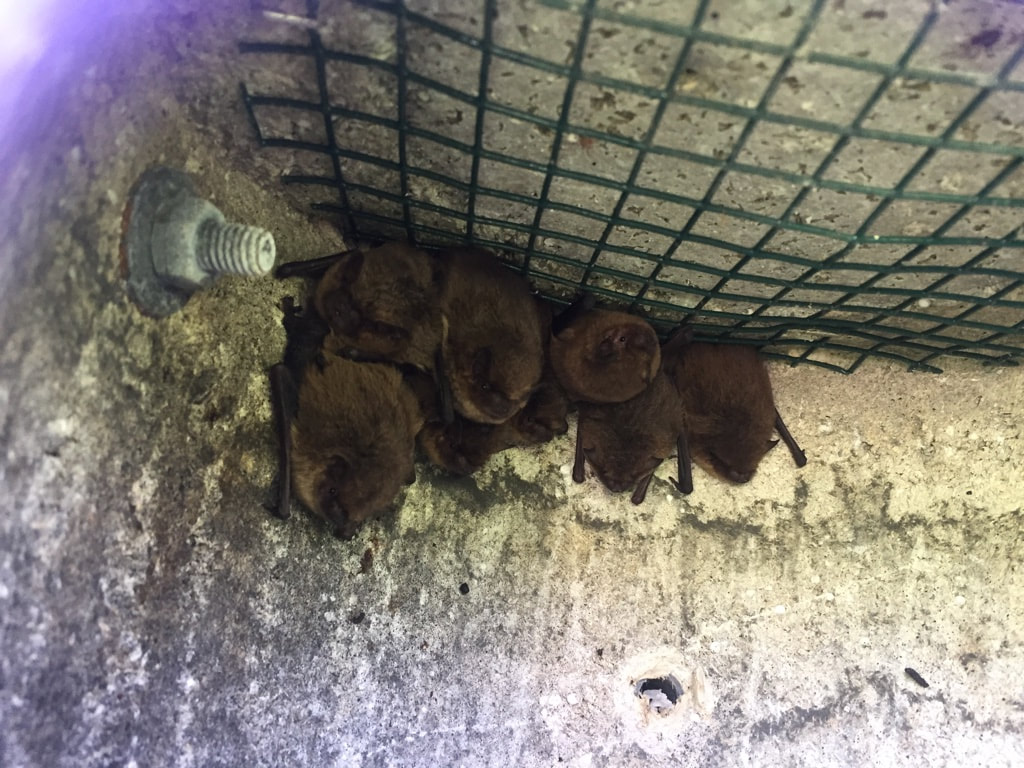

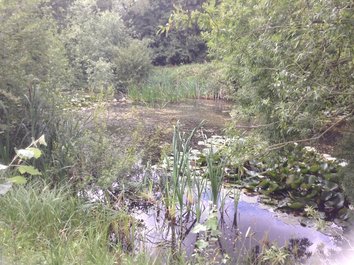
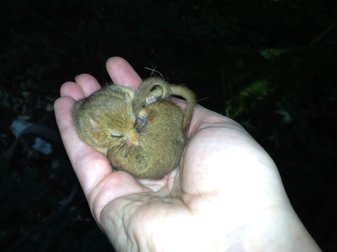
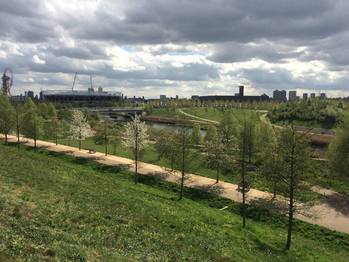
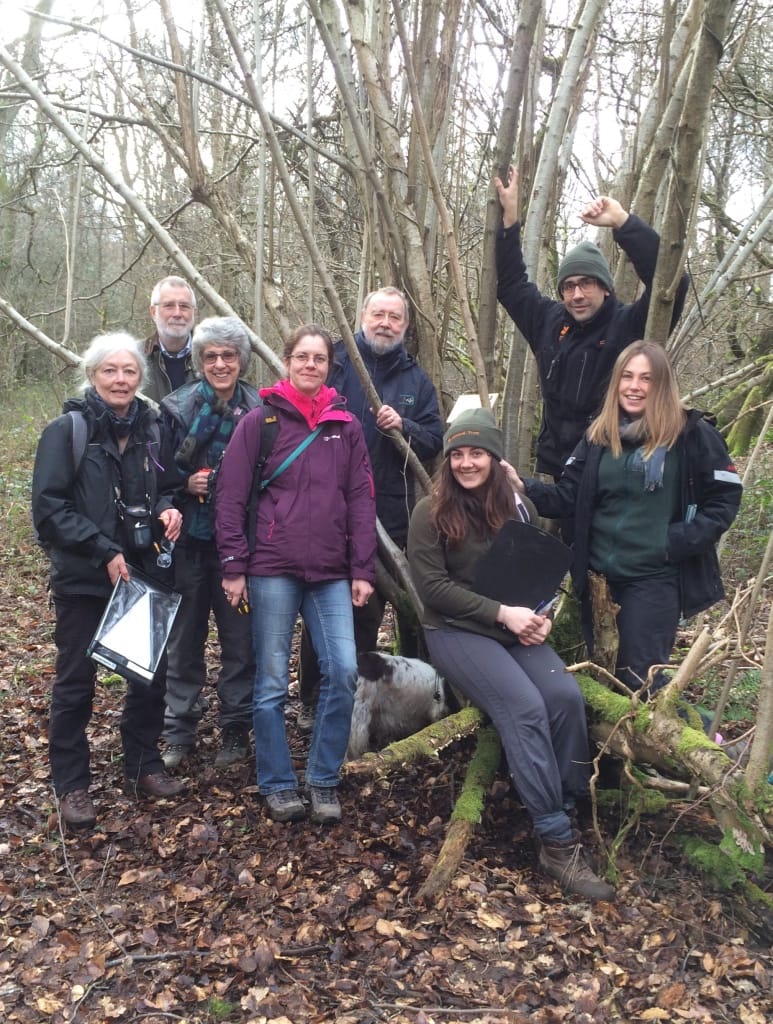
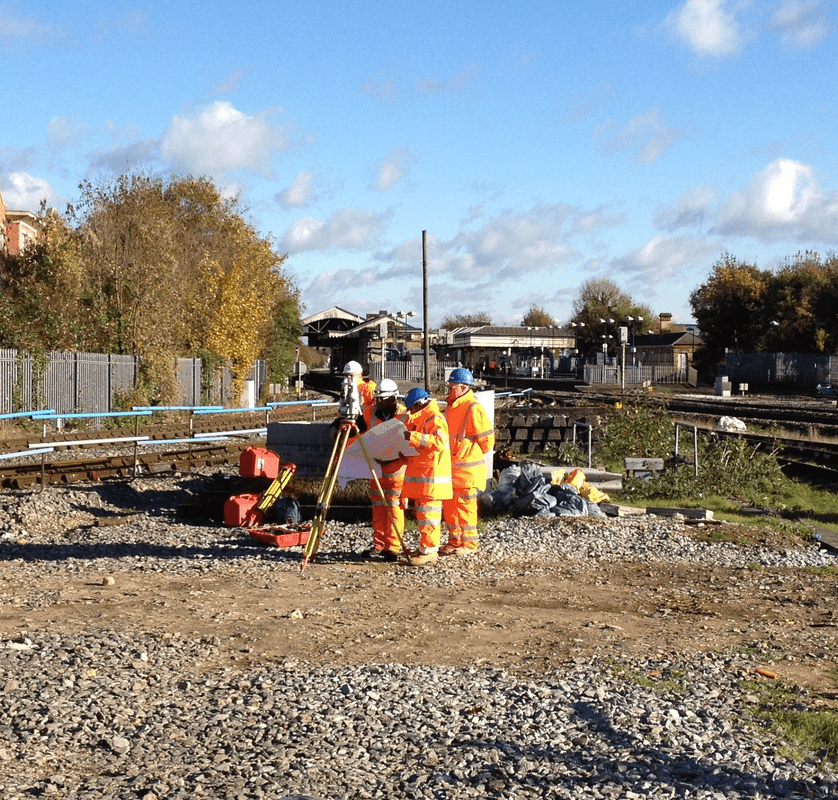
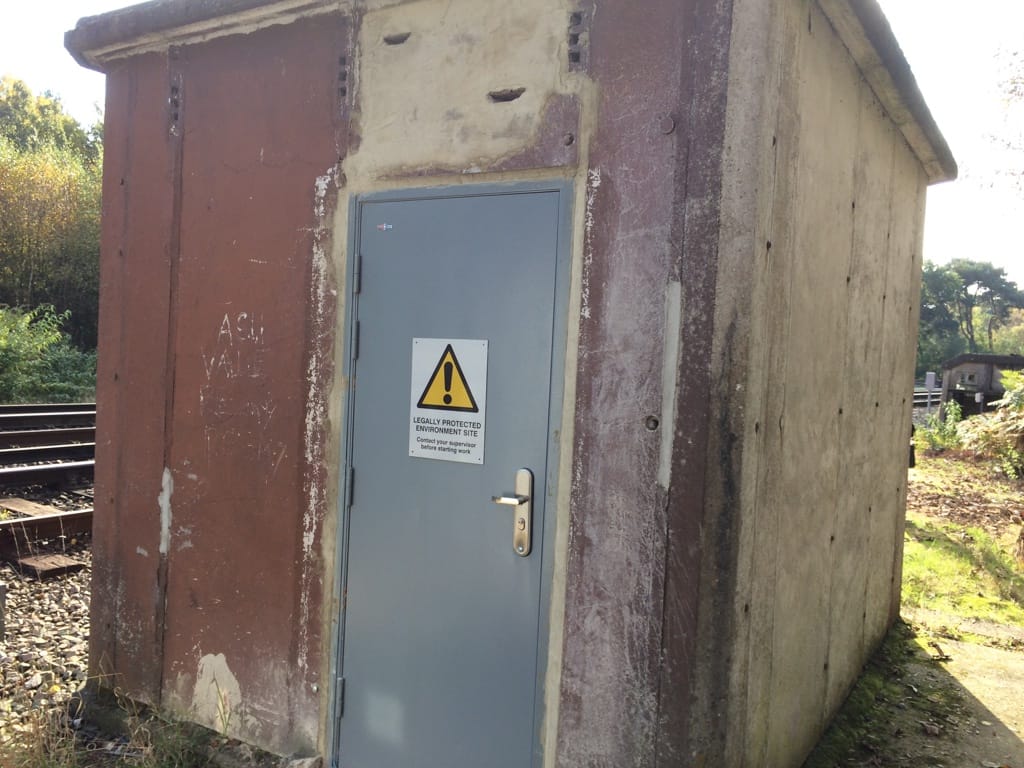
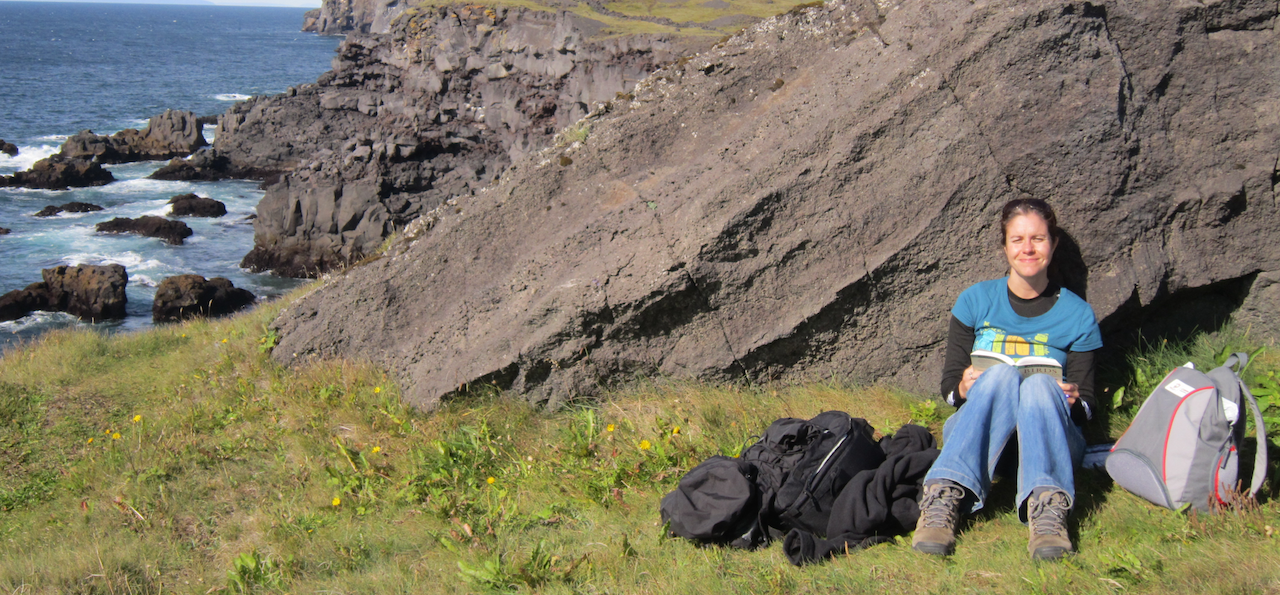
 RSS Feed
RSS Feed
